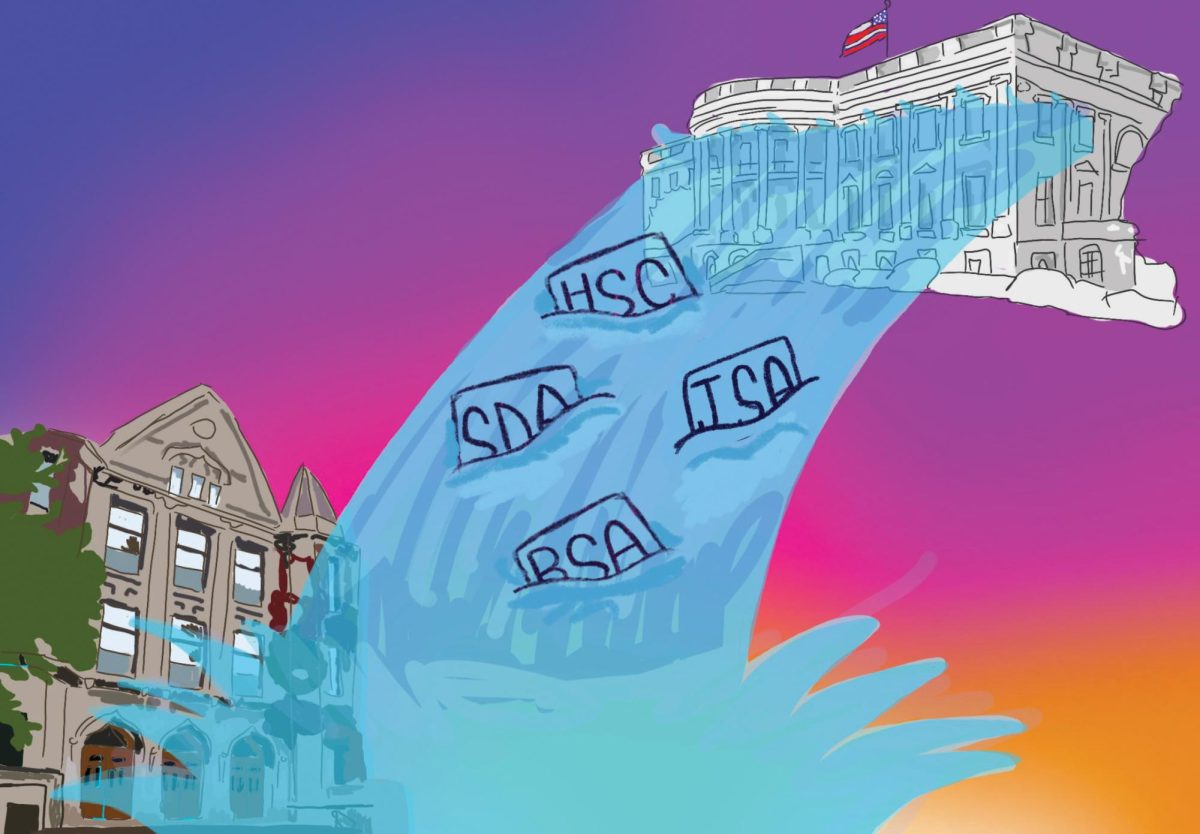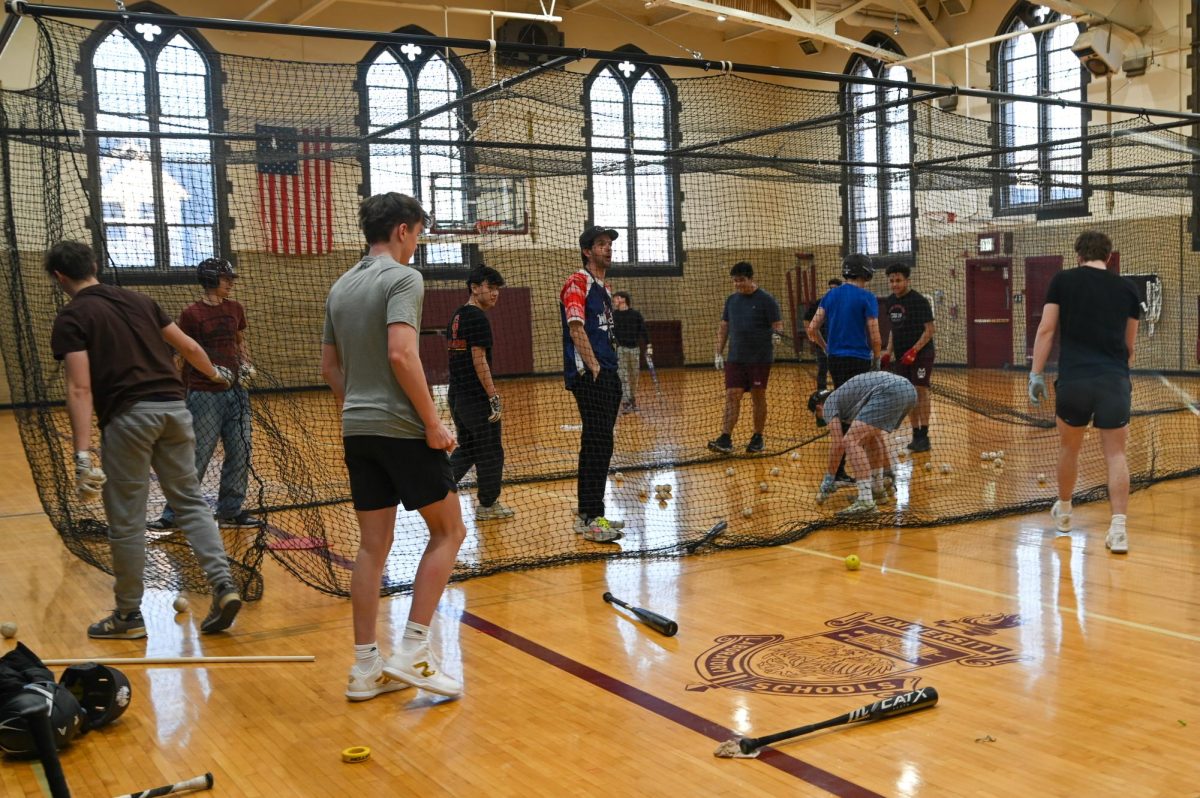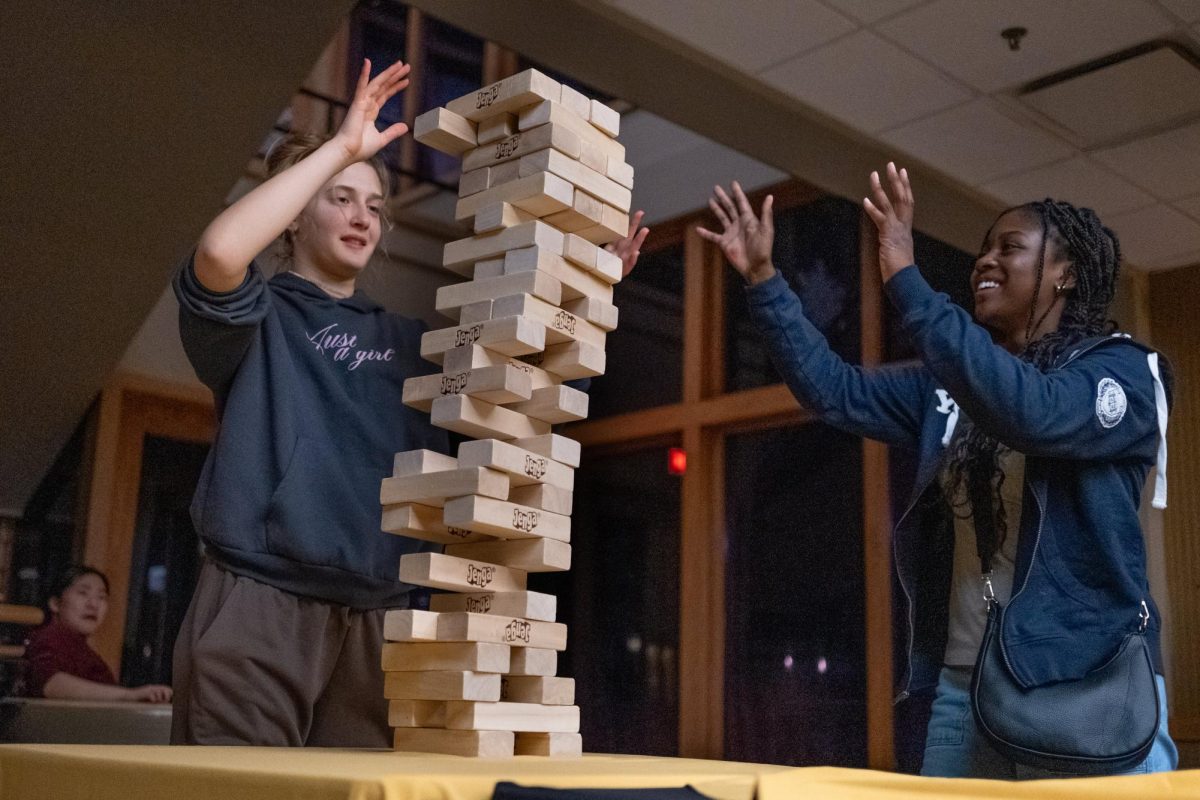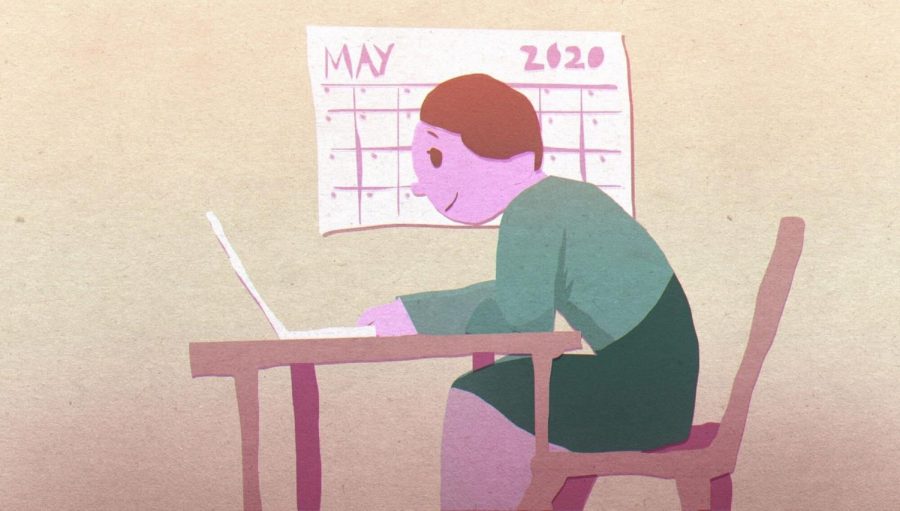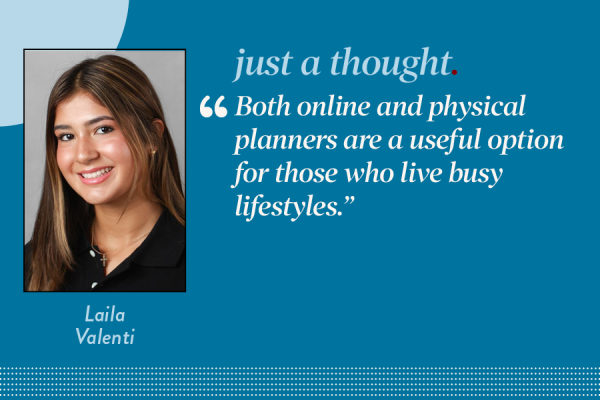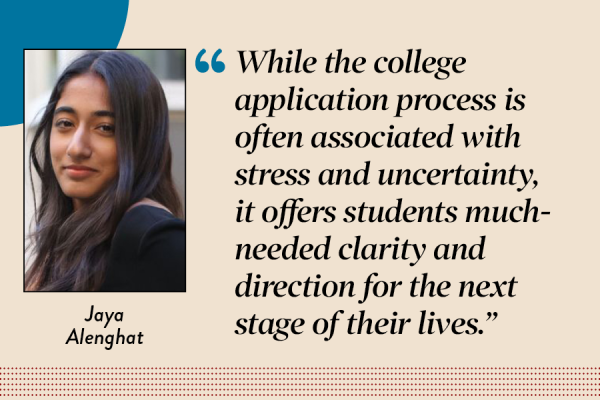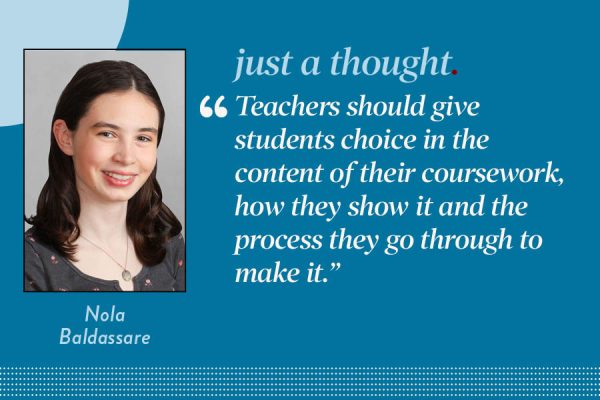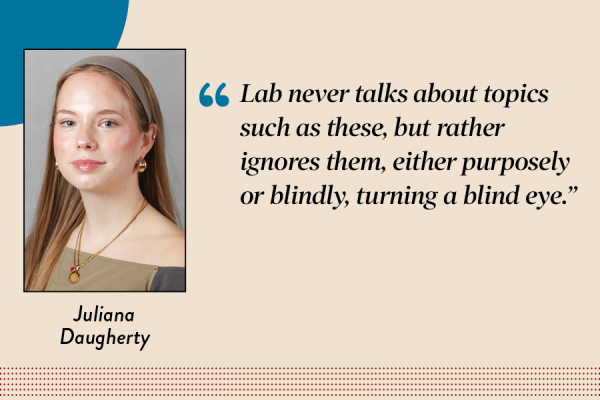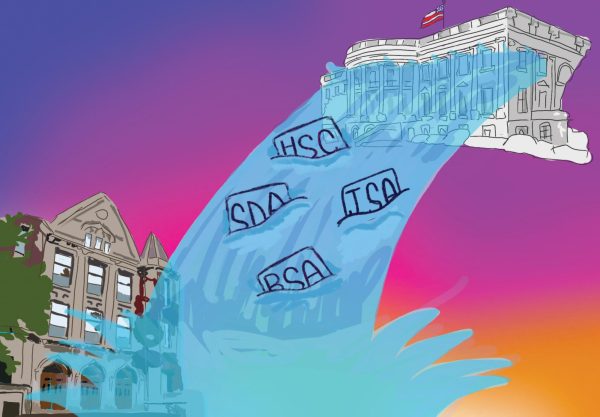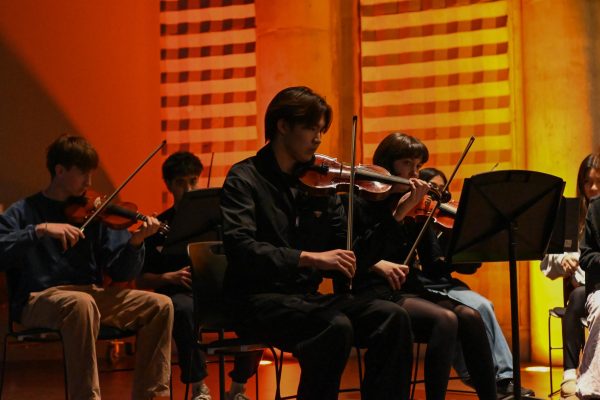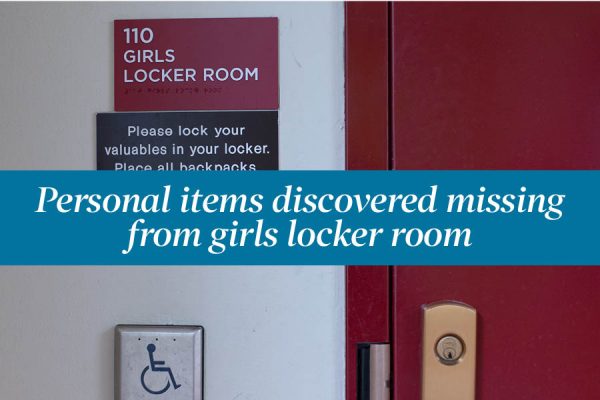Students, faculty: Find ways to implement positive aspects of our new normal
It’s Monday, 8:30 a.m.. This may be a school day, but you’re fast asleep since you don’t have class until 1 p.m. You have a test, but you’ll take that online without ever leaving your bedroom. All your semester assessments and assignments will factor into your year-end grade as a pass or fail, but not as an A, B or C.
Two months ago, many students dismissed this tableau as a dystopian dream — now, it is the new reality. Inevitably, some changes will be discarded once remote learning is over, but students and teachers should look for ways they can implement positive aspects of this new normal when they return to school in person.
The pass/fail grading system shifted the focus of school from grades to personal well-being. Students should find ways to continue this positive mindset after the Laboratory Schools transitions back to a ranked grading system.
The continuation of valuing mental health over academic rigor would certainly help the 62% of students who last year reported feeling stressed on a regular basis primarily due to their grades. In order to make remote learning less stressful, teachers have been regularly checking-in with students through surveys. And, the recommendations from these surveys have translated to various improvements to the remote learning experience.
For example, after student feedback, teachers were asked by the U-High administration to post weekly homework and assessments on Mondays. This change allowed students to better plan their weeks.
While in a physical learning environment biweekly surveys may become annoying for both students and teachers, mechanisms to solicit feedback should be incorporated into the school tradition. Periodic course feedback is essential to establish trustful relationships between students and teachers, and enrich the learning environment.
During this period of remote learning, Lab students and faculty have also become accustomed to communicating using Zoom, email and a cornucopia of messaging applications. Teachers need to take advantage of these new capabilities as they return to school in-person. The widespread adoption of online communication tools should put an end to the now-obsolete ritual of school closing entirely for severe weather conditions.
While we can’t always expect to continue with remote learning, this time presents a unique opportunity to experiment with new pedagogical strategies.
The Lab community must take advantage of this period to identify and incorporate the beneficial components of remote learning into our scholarly tradition. This way, remote learning is something we can learn and grow from and not a period of lost time. If we use remote learning and the return to in-person school as an opportunity to grow and change, U-High will become a better place for all students to come.




















